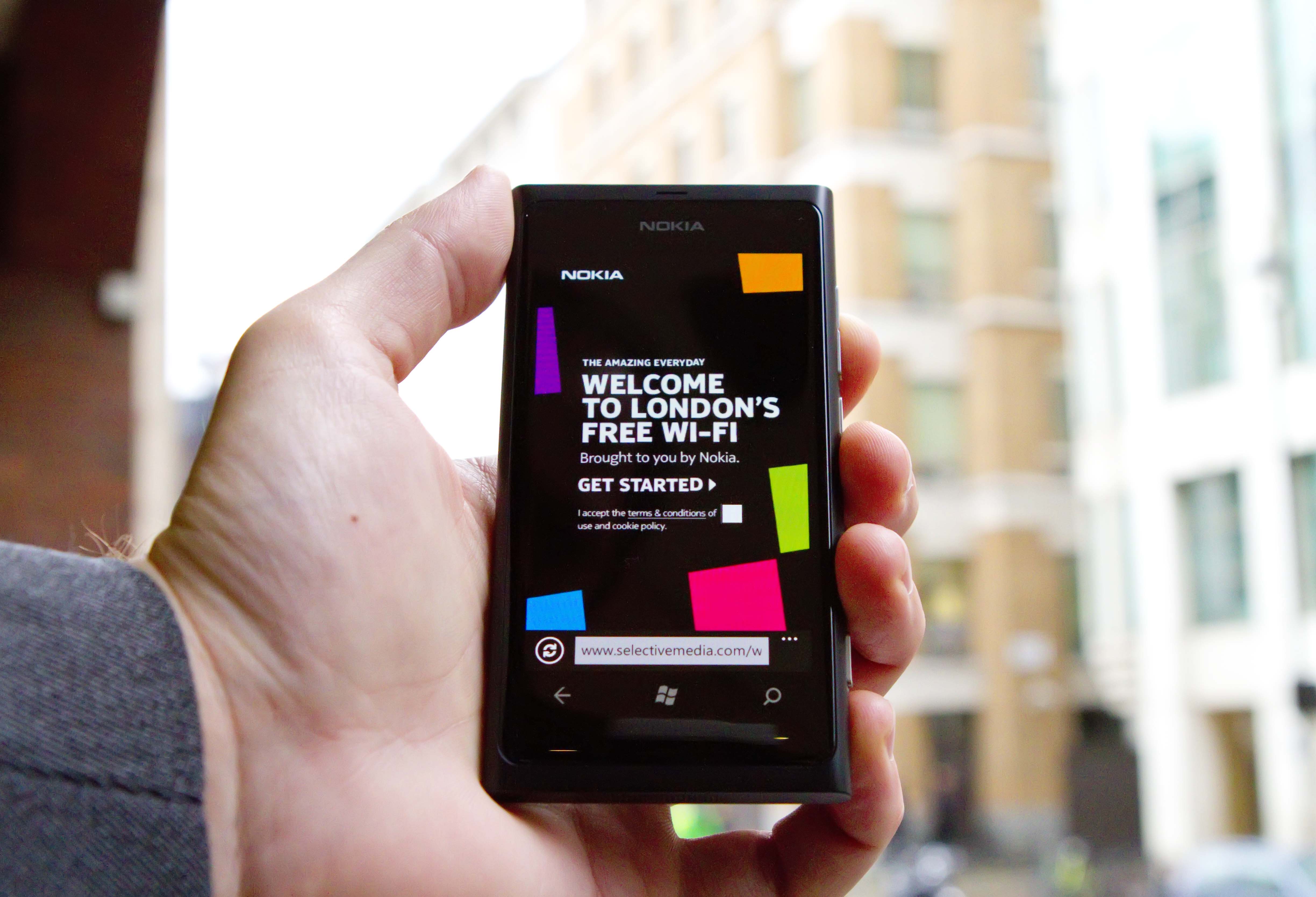

The mobile operators’ club, the GSMA, has backed a standard which could use Wi-Fi hotspots to provide cheaper mobile data.
The Next Generation Hotspot (NGH) standard was demonstrated last month, and is relatively straightforward, allowing phones and tablets to authenticate to the cellular networks through Wi-Fi (most likely using an existing SIM card). Approval from the GSMA is a big step though, as the process will now be billable.
The technology has been in progress for some time, in various standards bodies, including the 3GPP – the standard body behind GSMA, which proposed the Interworking Wireless LAN (IWLAN) in 2003. Other work included the WISPr group, and the IETF’s Internet RFC 4372.
“It’s an unfortunate word, but to the core network, Wi-Fi is considered ‘untrusted’,” said Warren. Allowing a third-party network to access the core would open up the possibility of roaming to other networks which have better coverage indoors or better data rates.
Some users might be sceptical that operators are really prepared to hand over a paying customer to a third party offering cheaper services, but Warren says they are ready to accept the inevitable: “Operators are increasingly cognisant of the fact that there are plenty of customers out there who are not prepared to do roaming because of the cost.” Offering cheap roaming to more people is better than having expensive roaming rejected.
At this point, there are no deals in place. It will take another nine months to finish the standards. The 3GPP has to agree with the Wireless Broadband Alliance on the technical side, while the GSMA and the Wi-Fi Alliance have to sort out the commercial aspects.
After that, Warren expects up to another nine months of commercial wrangling: “It is down to the competitive market. Pairs of operators will sit in a room and work out their contract between themselves. What is offered to the consumer is quite literally their business.”
SoftBank has agreed a funding deal that will see OpenAI being provided with up to…
Tesla sales have plummeted to lowest level in three years, as deliveries of new EVs…
New addition. Next generation foundation model, as Amazon Nova model launches to perform actions within…
Head of artificial intelligence research at Meta Platforms has announced she is leaving the social…
No decision yet, after media reports CK Hutchison was to spin off its global telecom…
Ahead of 5 April deadline, Trump is to hold White House meeting over possible investors…